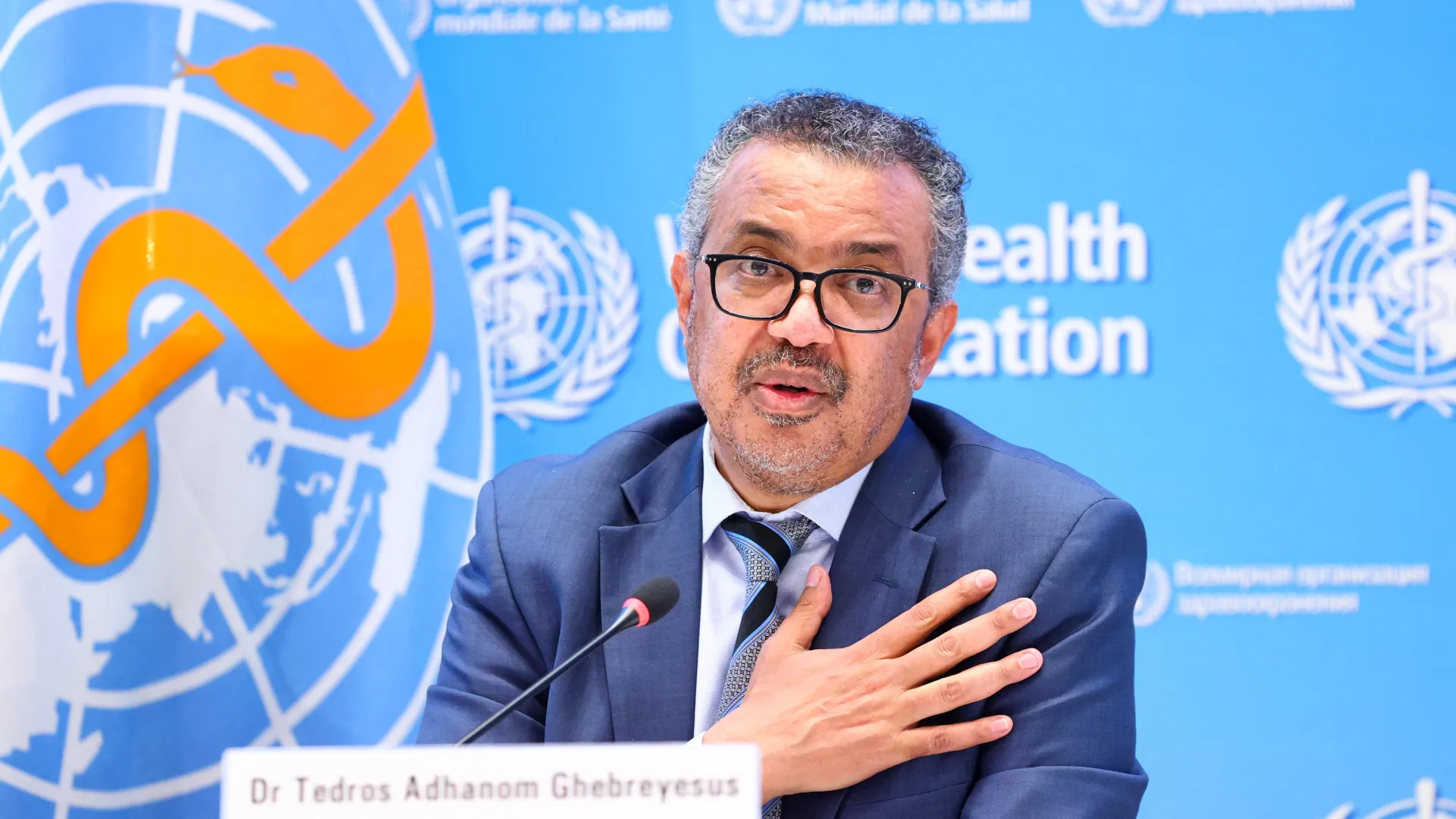UN report reveals 260,000 maternal deaths in 2023 despite healthcare advances

The report points out that cuts in humanitarian funding have severely impacted maternal healthcare in fragile areas, closing down health facilities and halting essential supplies.
In 2023, 260,000 women across the globe lost their lives due to complications arising from pregnancy and childbirth, according to a report released on World Health Day 2025.
This figure translates into a harrowing reality: one maternal death every two minutes, despite progress in healthcare systems that has expanded access to essential services.
The United Nations’ “Trends in Maternal Mortality” report highlights the alarming death toll, with many women still at risk, especially in unstable regions marked by poverty and conflict. Even though strides have been made in certain areas, the overall progress remains fragile.
Maternal health is still a dangerous gamble for many, and the numbers are compounded by the strain placed on healthcare systems in conflict zones.
The report points out that cuts in humanitarian funding have severely impacted maternal healthcare in fragile areas, closing down health facilities and halting essential supplies.
These disruptions have been especially damaging to vulnerable populations in conflict-ridden regions, where maternal health services were already limited.
Dr. Tedros Adhanom Ghebreyesus, Director-General of the World Health Organization (WHO), expressed concern, saying, "While this report shows glimmers of hope, the data also highlights how dangerous pregnancy still is in much of the world today despite the fact that solutions exist to prevent and treat the complications that cause the vast majority of maternal deaths."
He emphasized the urgent need to prioritize maternal care and the reproductive rights of women and girls to reduce these preventable deaths.
The report also discusses the lingering effects of the COVID-19 pandemic, which exacerbated the crisis. In 2021 alone, an additional 40,000 maternal deaths were reported due to the disruption of essential maternity services.
"When a mother dies in pregnancy or childbirth, her baby’s life is also at risk. Too often, both are lost to causes we know how to prevent," said UNICEF Executive Director Catherine Russell.
Regional disparities in maternal mortality are also striking. Sub-Saharan Africa continues to bear the brunt of the global toll, with the region accounting for 70% of maternal deaths worldwide.
Countries like Chad, the Central African Republic, and Somalia face high maternal mortality rates due to ongoing conflicts and inadequate healthcare systems.
These areas present unique challenges, with pregnant women enduring much higher risks than in more stable regions.
Dr. Natalia Kanem, UNFPA Executive Director, stressed the importance of improving healthcare infrastructure, noting, "Access to quality maternal health services is a right, not a privilege. We can and must end the tragedy of preventable maternal deaths and their enormous toll on families and societies."
To improve maternal outcomes, the report calls for a comprehensive approach that includes increasing access to family planning services, addressing health issues like anemia and malaria, and ensuring that girls stay in school to protect their health.
Despite progress in some regions, the world is at risk of missing the United Nations’ Sustainable Development Goal of reducing maternal mortality by 2030.
The report warns that maternal mortality rates must decrease by 15% annually to meet this goal, a sharp increase from the current 1.5% rate of decline.
Global leaders and policymakers are urged to prioritize funding for maternal health programs, especially in fragile regions, or risk undoing the progress made over the past two decades.
